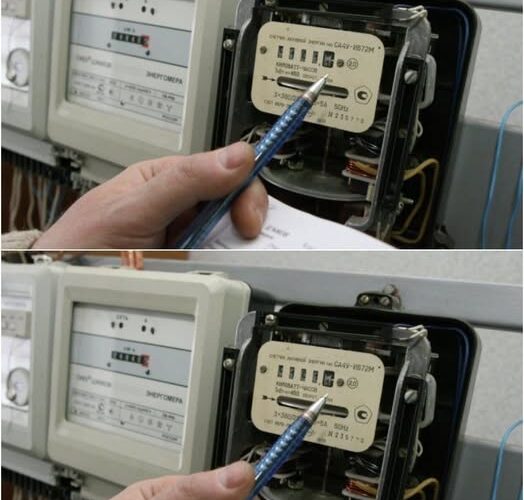ADVERTISEMENT
Absolutely! Here’s an informative article about the appliances and habits that consume the most electricity in the house, with practical tips on how to reduce energy consumption:
This Is What Consumes the Most Electricity in the House: Pay Attention!
We all know that energy bills can add up quickly, especially when we have a long list of appliances running throughout the day. While it’s easy to blame your air conditioner or the lights being on too long, many of us are unaware of exactly where most of our electricity is going. Understanding which devices consume the most energy in your home can help you make smarter choices and save money.
Here’s a breakdown of the biggest electricity hogs in your home — and what you can do to reduce their impact on your bill.
⚡ 1. Air Conditioning and Heating (HVAC Systems)
Whether it’s cooling your home in the summer or heating it in the winter, your HVAC system is likely the largest consumer of electricity in your home. In fact, it can account for more than 50% of your total energy usage, depending on how often it’s running.
Why it uses so much energy:
- Air conditioners and heaters run for long periods, especially in extreme weather conditions.
- Poor insulation can make your HVAC system work harder to maintain a comfortable temperature.
How to reduce energy use:
- Use a programmable thermostat: Set it to adjust the temperature when you’re away or asleep.
- Seal leaks and insulate: Ensure your home is well-insulated and that windows and doors are sealed to keep the temperature stable.
- Maintain your HVAC system: Regular servicing, including replacing filters, can ensure it runs efficiently.
🔌 2. Water Heater
Your water heater is another major energy consumer, especially if you have a large family or frequently run the dishwasher and washing machine. Water heaters can use up to 18% of your home’s energy.
Why it uses so much energy:
- Heating water requires a lot of energy, particularly when it’s kept hot 24/7.
- Frequent use of hot water for showers, baths, laundry, and dishwashing adds up.
How to reduce energy use:
- Lower the thermostat: Set your water heater to 120°F (49°C) to avoid overheating water.
- Insulate the tank and pipes: Insulation helps maintain the water temperature and reduces the need for reheating.
- Use energy-efficient appliances: Look for Energy Star-rated water heaters or consider switching to a tankless water heater, which only heats water when needed.
🍳 3. Kitchen Appliances
Kitchen appliances like the oven, refrigerator, and dishwasher are all major electricity consumers, with refrigerators often consuming the most.
Why they use so much energy:
- Ovens and stoves need to generate heat for cooking, which requires a significant amount of power.
- Refrigerators run 24/7 to keep food cold, and the larger the fridge, the more energy it uses.
- Dishwashers use hot water and energy to dry dishes.
How to reduce energy use:
- Switch to energy-efficient appliances: Choose Energy Star-rated kitchen appliances to reduce consumption.
- Use the microwave or toaster oven: They use less energy for smaller meals compared to the oven.
- Unplug when not in use: Unplug appliances like toasters or blenders when not in use to avoid “phantom” energy consumption.
- Maintain your refrigerator: Clean the coils, ensure the door seals are tight, and keep the temperature set between 37-40°F (3-4°C) to keep it running efficiently.
💡 4. Lighting
Lighting is often one of the most overlooked energy drains in a home. Traditional incandescent bulbs consume a lot of energy and generate a lot of heat, making them less efficient than modern alternatives.
Why it uses so much energy:
- Incandescent bulbs use more electricity and burn out faster than energy-efficient options like LEDs.
- Leaving lights on when they’re not needed or using them in rooms that are well-lit by natural light increases your overall energy use.
How to reduce energy use:
- Switch to LED bulbs: LEDs use up to 80% less energy than incandescent bulbs and last significantly longer.
- Turn off lights when not in use: Make it a habit to turn off lights when leaving a room or use timers for outdoor lighting.
- Maximize natural light: Open curtains or blinds during the day to make the most of sunlight.
🖥 5. Electronics and Appliances on Standby
From TVs to computers, electronics are notorious for using energy even when they’re turned off. The average household wastes a significant amount of electricity simply by leaving electronics plugged in and on standby.
Why they use so much energy:
- Many devices still consume electricity in “sleep mode” or standby, even when not actively being used.
- High-tech gadgets like gaming consoles, computers, and televisions can drain more power than you realize.
How to reduce energy use:
